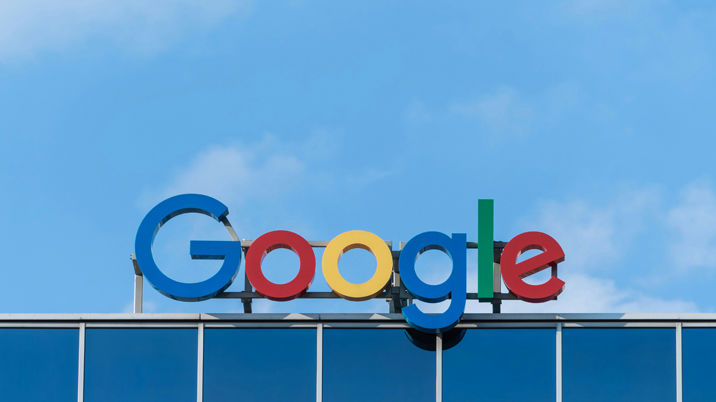
In 2019, the ‘Cairncross Review: A sustainable future for journalism’ was published.
It found that one of the biggest threats to the viability of news media was the “sheer scale” of the competition, specifically the search engines and social media platforms: “Their superiority makes it hard for publishers to compete.”
That size challenge came a big step closer to resolution this week when a US court sided with the US government who had accused Google of illegally cementing its search dominance.
In large part, reported the New York Times, “that was by paying billions each year to companies including Apple and Samsung to make Google the default search engine on their devices. (Apple alone received $20 billion in 2022.)”
Owen Meredith, chief executive of the News Media Association, welcomed the court’s finding: “This is a landmark ruling that exposes and confirms the power Google exercises over search, and the consequences of that monopolistic power for advertisers and users. The sheer scale of payments made to other platforms through exclusive distribution agreements to maintain its dominance is staggering. Importantly, the court also found that the exclusive distribution agreements do not result in procompetitive benefits.”
In the US, Danielle Coffey, president and CEO of the News/Media Alliance, said: “For years, Google has exerted its dominance, profiting off of the hard work and tremendous investments of publishers, while journalism struggles to survive – all during a time when people need reliable news and information more than ever. This landmark decision finally recognises that this is unacceptable and unlawful, that Google must be held accountable, and competition must be restored to the marketplace.”
Google will appeal the decision and this could drag on for some time, but an important marker has been put down and it has implications for other big tech firms.
The New York Times reported: “Some experts told The Times that it could help antitrust lawsuits against the likes of Amazon, Apple and Meta.”
All in all, this looks like long overdue good news for the publishing sector.
You can catch James Evelegh’s regular column in the InPubWeekly newsletter, which you can register to receive here.












